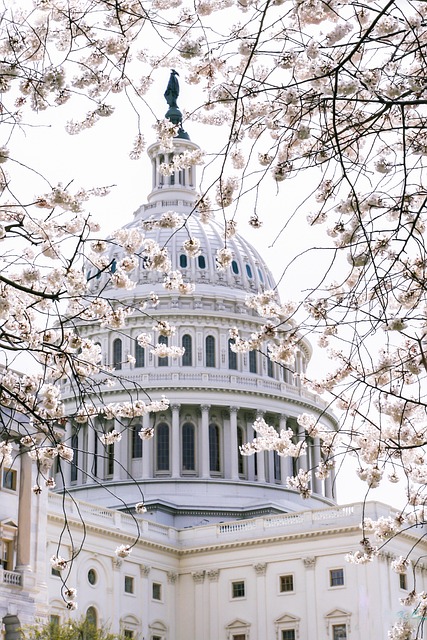
US Senate Removes AI Regulation Ban from Trump's Megabill: Implications and Analysis
On July 1, 2025, the U.S. Senate voted overwhelmingly to remove a 10-year federal moratorium on state regulation of artificial intelligence (AI) from President Trump's comprehensive tax-cut and spending bill. This decision has significant implications for the future of AI governance in the United States. In this article, we delve into the details of the Senate's decision, the factors leading to it, and the broader impact on AI regulation.

Background: The AI Regulation Ban in Trump's Megabill
The Original Provision
The initial version of President Trump's "big, beautiful bill" included a provision that would have imposed a 10-year federal ban on state regulation of AI. This measure aimed to create a uniform regulatory environment for AI across the nation, preventing states from enacting their own laws governing the technology. The provision was tied to federal funding, stipulating that states with existing AI regulations would be ineligible for a new $500 million fund designated for AI infrastructure development.
Industry Support and Opposition
Major AI companies, including Alphabet's Google and OpenAI, supported the federal preemption of state regulations. They argued that a uniform regulatory framework would prevent a fragmented approach to AI governance, which could hinder innovation and competitiveness. However, this perspective was not universally shared.
The Senate's Decision to Strike the AI Provision
The Amendment Process
Senator Marsha Blackburn (R-TN) introduced an amendment to remove the AI regulation ban from the bill. Initially, she had agreed to a compromise with Senator Ted Cruz (R-TX) to shorten the ban to five years and allow limited state regulation. However, Blackburn withdrew her support for this compromise, stating that it failed to adequately protect vulnerable populations. She emphasized the necessity of comprehensive federal legislation, such as the Kids Online Safety Act, before limiting states' ability to enact protective regulations.
The Vote
During a "vote-a-rama" session, a marathon period where numerous amendments are proposed and voted upon, the Senate voted 99-1 to adopt Blackburn's amendment, effectively removing the AI regulation ban from the bill. Senator Thom Tillis (R-NC) was the only lawmaker who voted to retain the ban.
Reactions to the Senate's Decision
State Officials and Governors
The decision was met with strong approval from state officials and governors. A majority of Republican governors, led by Arkansas Governor Sarah Huckabee Sanders, had previously sent a letter to Congress opposing the AI regulation ban. They argued that the provision would infringe upon states' rights and hinder their ability to protect their residents through tailored regulations.
AI Safety Advocates
AI safety advocates also welcomed the Senate's decision. They contended that the ban would have granted the AI industry undue immunity and undermined accountability. They emphasized the need for regulations that ensure AI technologies are developed and deployed responsibly.
Implications for AI Regulation in the United States
Potential for State-Level Regulations
With the removal of the federal ban, states retain the authority to enact their own AI regulations. This could lead to a patchwork of laws across the country, as each state develops its own approach to AI governance. While this allows for regulations tailored to local needs, it may also result in inconsistencies and challenges for companies operating in multiple states.
Need for Federal Legislation
The debate over the AI regulation ban highlights the need for comprehensive federal legislation on AI. Such legislation could provide a unified framework for AI governance, addressing issues like safety, ethics, and accountability, while also considering the diverse needs of different states.
Conclusion
The U.S. Senate's decision to remove the 10-year federal ban on state regulation of AI from President Trump's megabill marks a significant moment in the ongoing discourse on AI governance. It underscores the complexities of balancing federal and state interests and the challenges in creating a cohesive regulatory environment for rapidly evolving technologies like AI. As the landscape of AI continues to develop, ongoing dialogue and thoughtful legislation will be crucial in shaping a future where AI serves the best interests of all Americans.
For more detailed coverage on this topic, you can refer to the original article by Reuters: (reuters.com)